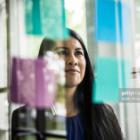Wellcome Measures Trust in Science When It Matters Most

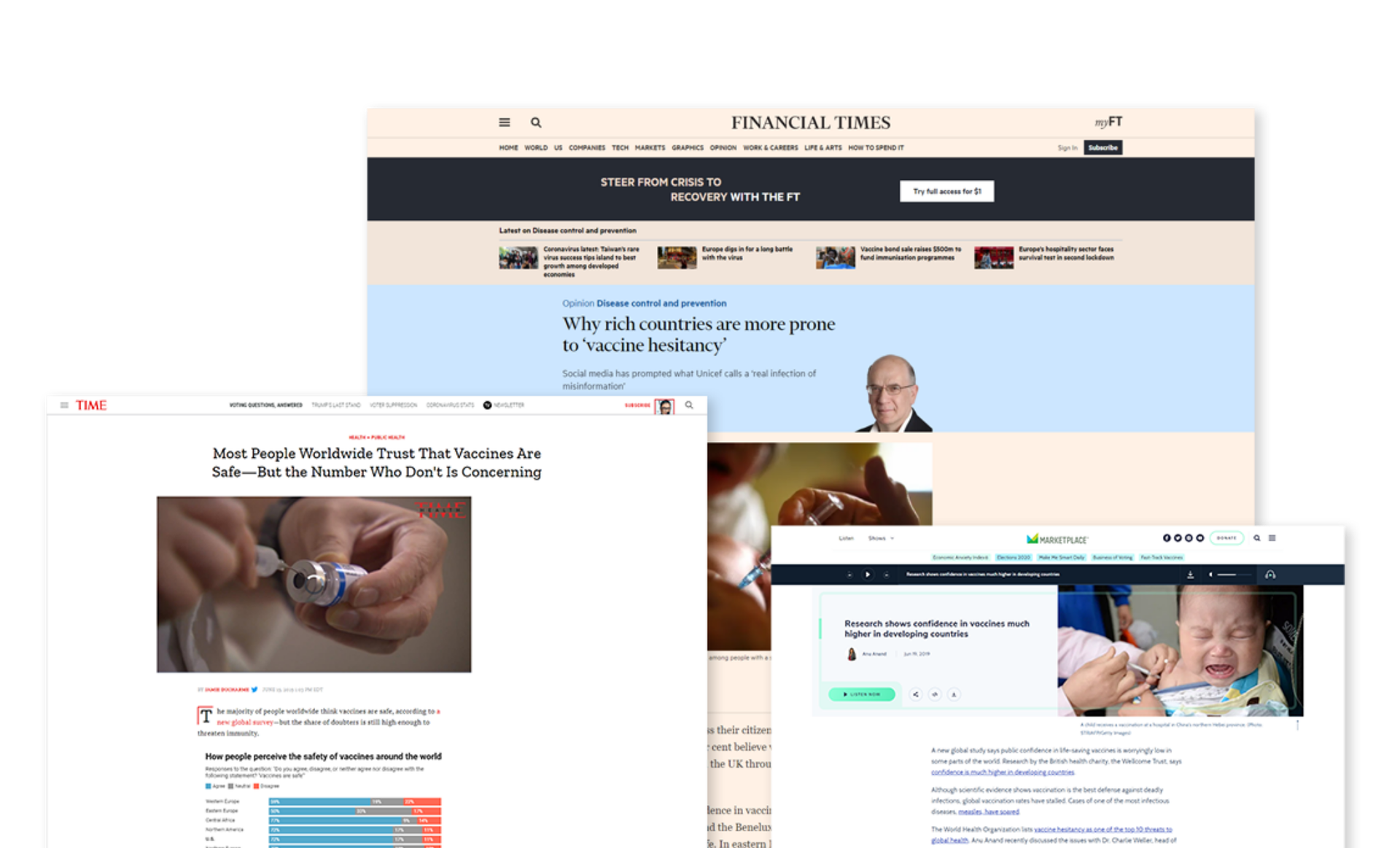
Featured in: Financial Times, TIME Online, Marketplace
Everyone has the right to good health backed by scientific research. But science can only help people so far as they trust it. Is the public willing to make decisions based on what scientists know? How can discoveries for improved public health best reach the public they are meant to serve? And how much does the public trust other health information sources, like medical professionals and the government?
These are questions that Wellcome is helping to answer. The politically and financially independent global charitable foundation launched the Wellcome Global Monitor to discover vital insights on global attitudes toward science, health and vaccines and to inform research and policy in the process. Read on to learn about the challengeabout the challenge, the approach about the approach and the outcomesabout the outcomes.
140,000+ respondents
140+ countries and areas represented
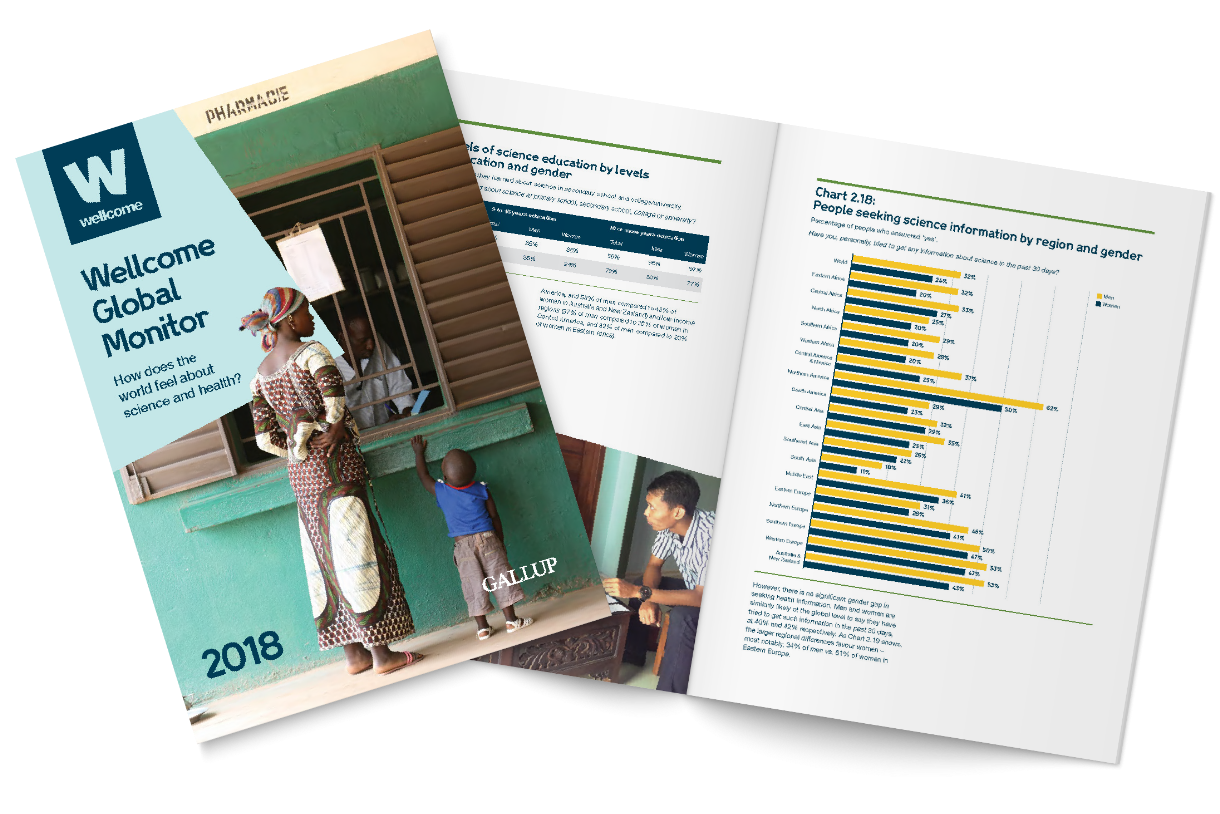
Download the Wellcome Global Monitor 2018 report or access the dataset.
Eroding Trust Hurts Healthcare
Perceptions of science have real ramifications on the success of health interventions. If the public doesn't trust the scientific research behind it, they could reject the intervention itself. If the relationship between science and the public -- and between key healthcare institutions and the public -- erodes, there can be dire consequences like the resurgence of illnesses and other health crises.
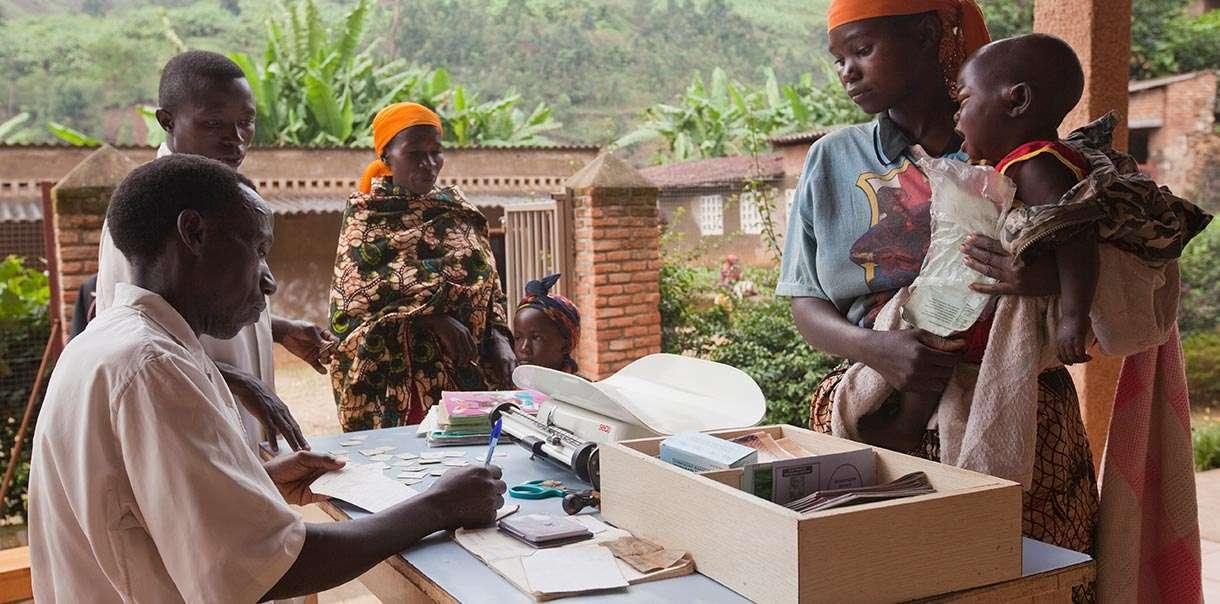
Improving that relationship with science by engaging the public has always been an important part of Wellcome's mission, but that work was less visible than its role in funding research. And as speculation arose around the seemingly widespread loss of trust in institutions and science, which has only increased during the COVID-19 pandemic, Wellcome saw an opportunity to tell a story with data and bring to life an issue of global importance -- while strengthening its position as a global thought leaderabout establishing global thought leaders.
Discover the Missing Context
The Wellcome Global Monitor is the first-ever study of its kind. Using the Gallup World Poll, they ask over 140,000 people in more than 140 countries and areas for their opinions about science and other health issues. These include vaccine confidence and safety -- information even more valuable now as COVID-19 remains a threat to the physical and economic health of people worldwide.
The full dataset is available to the public, providing the global community with insights on what people really think and fueling other research efforts -- especially around vaccine confidence and how attitudes correlate to socio-economic status, trust in science, presence of universal healthcare, etc.
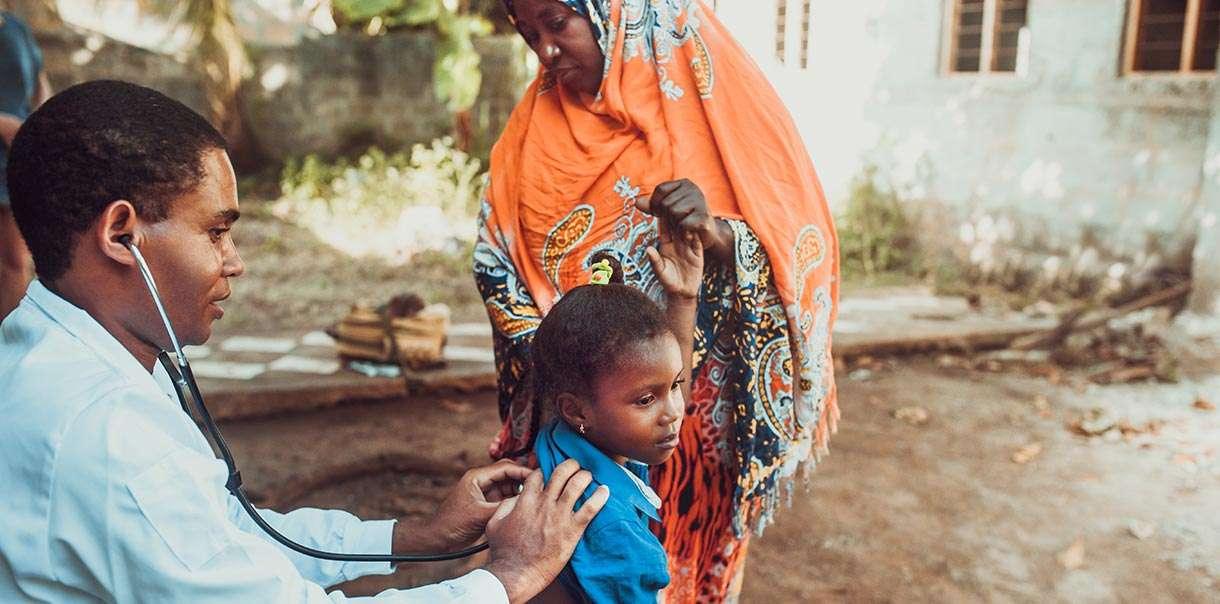
The next wave of research will continue to explore the theme of trust and understanding science but through the lenses of COVID-19 and mental health. Uncovering the perceptions and correlations around these topics will provide a richer understanding of how people relate to these issues and how to more effectively direct public engagement with research.
Ultimately, Wellcome's goal is to provide an invaluable repeat cross-sectional dataset that captures patterns of trust and mistrust in science and healthcare systems and better explains the demographic, social, political and other contexts that shape the public's perceptions.
"Wellcome Global Monitor presents an unprecedented view of the relationship between science and society worldwide. No matter how great your idea, how exciting your new treatment, or how robust your science, it must be accepted by the people who stand to benefit from it. Vaccines, for example, are one of our most powerful public health tools, and we need people to have confidence in them if they are to be most effective."
Jeremy Farrar Director of Wellcome
Reconceptualize How People Relate to Science
The 2018 Gallup-powered Wellcome Global Monitor garnered tremendous media attention in outlets such as Financial Times, U.S. News & World Report, TIME Online, Marketplace, France24 and BBC News Online -- reflecting the relevance of trust in science in general and the presence of findings comparing vaccine acceptance and hesitancy across countries.
This coverage helped demonstrate that they were an organization that not only cared about these kinds of issues but were acting to demonstrate that mission in a groundbreaking and tangible way.
By generating a large, global dataset, the Monitor helped create more nuance in the conversation around trust in science. The data showed how much trust in science is a product of environment and socio-economic situation -- how much it measures whether people feel key institutions in society are working in their interest or if they feel left behind.
Trust in science has never been more crucial than amid a global pandemic, and Wellcome's work continues -- measuring perceptions to help inform a better path forward.

"Science is one of our greatest tools for making a difference in the world -- but we know that it isn't enough on its own. For science to have an impact, we need to understand the social and cultural context of the people we're trying to help, and whether they feel science is working for them."
Imran Khan Former Head of Public Engagement at Wellcome

